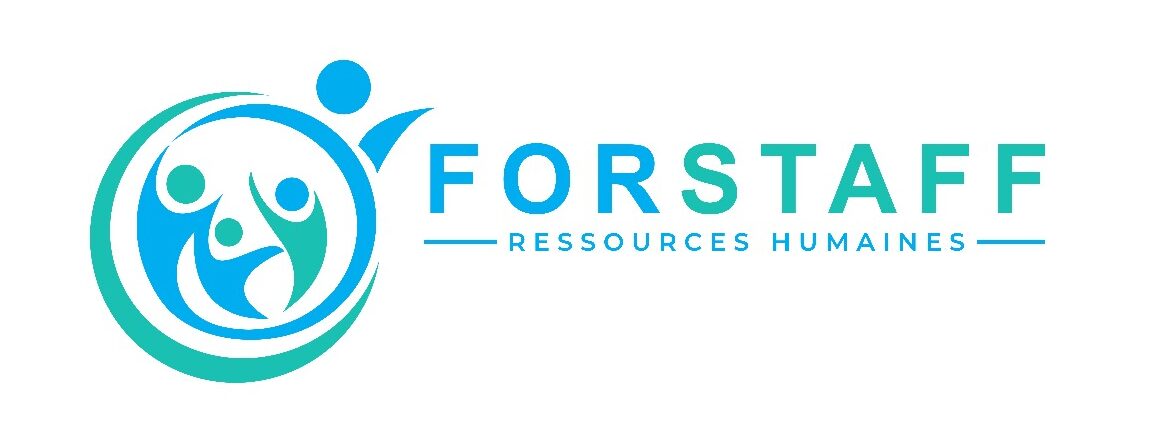Mastering Salary Negotiation: Secure the Pay You Deserve
Salary negotiation is a pivotal moment in anyone’s career. Whether you’re starting a new job, eyeing a promotion, or attending your annual performance review, knowing how to negotiate your salary effectively can have a major impact on your income and professional satisfaction. Still, many employees feel anxious about initiating the conversation—often due to poor preparation or fear of rejection.
In this guide, we reveal the keys to a successful salary negotiation so you can earn the recognition and compensation you truly deserve.


Do Your Homework: Research Before Negotiating
One of the most important steps in preparing for a salary negotiation is knowing the market value of your role. Here’s what to look into:
Average salary ranges in your industry
Compensation for similar roles in your city or region
Average pay levels within your current company
Use platforms like Glassdoor, LinkedIn Salary, and HR firm salary studies to gather this essential data.
Evaluate Your Unique Value
Successful negotiation depends on your ability to showcase your contribution to the company. Ask yourself:
What measurable results have I achieved?
Have I helped increase revenue or improve processes?
What major projects have I led successfully?
What new skills have I acquired that benefit my role?
Use concrete examples and quantifiable outcomes to support your case during the discussion.
Set a Clear Objective
Going into a negotiation with a defined salary range helps you stay focused and confident. Be sure to:
Define your ideal salary (what you’d love to earn)
Identify your minimum acceptable salary
List additional negotiable perks like bonuses, remote work, or professional development opportunities

Time It Right: Choose the Best Moment
Timing can significantly affect your negotiation’s success. Strategic moments to start the conversation include:
After completing a successful project
During your annual performance review
When you’re being promoted or taking on new responsibilities
Just before accepting a job offer

Maintain Professionalism and Confidence
The way you present your case is just as important as what you say. Keep your tone respectful, clear, and data-driven:
Speak calmly and confidently
Avoid comparing yourself to coworkers (“X earns more than me…”)
Emphasize your value to the organization
Be Open to Alternatives
Sometimes, an immediate salary increase might not be possible. In such cases, consider negotiating for:
Performance-based bonuses
Perks like company car, meal vouchers, or wellness programs
Flexible work schedules or remote work
Training and career development programs
These alternatives can still boost your overall job satisfaction and quality of life.

Prepare for Objections
Managers may raise objections due to budget constraints or company policy. Prepare thoughtful responses. For instance:
❌ “We don’t have the budget for raises this year.”
✅ “I understand the current limitations. Given my recent achievements, could we revisit this discussion next quarter?”
Being solution-oriented shows maturity and professionalism.
Respond Professionally—Whether It's a Yes or No
If your request is approved, make sure the new salary or benefits package is confirmed in writing. If it’s declined:
Ask for constructive feedback
Inquire about what milestones you need to reach for a future raise
Consider exploring new opportunities if your contributions aren’t being recognized

Working With Recruiters in Quebec?
If you’re hiring or seeking new talent, collaborating with headhunters in Quebec like Forstaff.ca can save time and ensure you find the right match quickly and efficiently.
Conclusion: The Foundation of a Successful Salary Negotiation
A successful salary negotiation is built on preparation, compelling evidence of your worth, and a respectful, confident approach. Don’t let fear stand in the way of your financial goals. By applying these proven strategies, you’ll increase your chances of earning the compensation you truly deserve.
FAQs: Salary Negotiation Tips and Advice
Right after a successful project, during annual reviews, when promoted, or upon receiving a new job offer are ideal moments.
Not necessarily. Always evaluate the offer and negotiate if you believe the compensation doesn’t reflect your market value or experience.
Is it okay to walk away from a job offer due to low pay?
